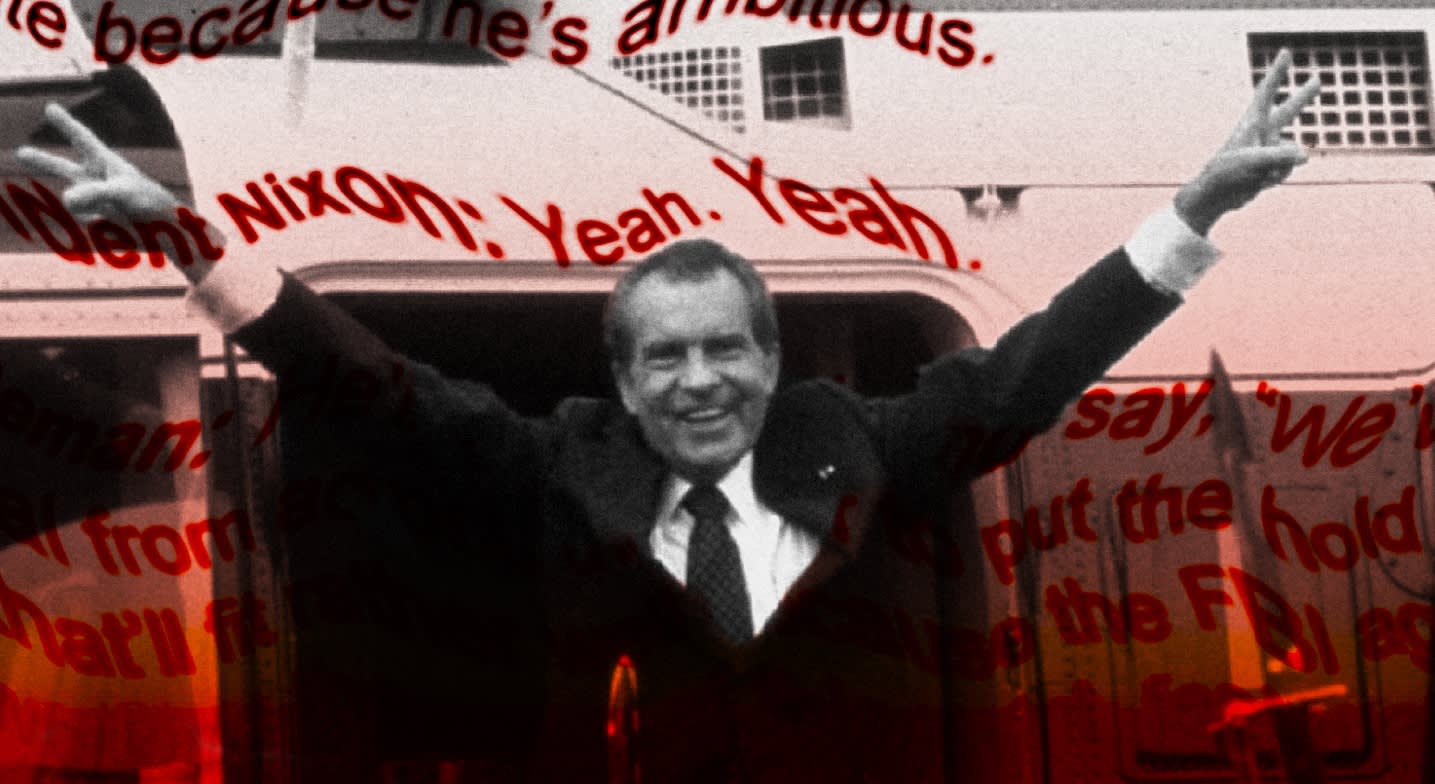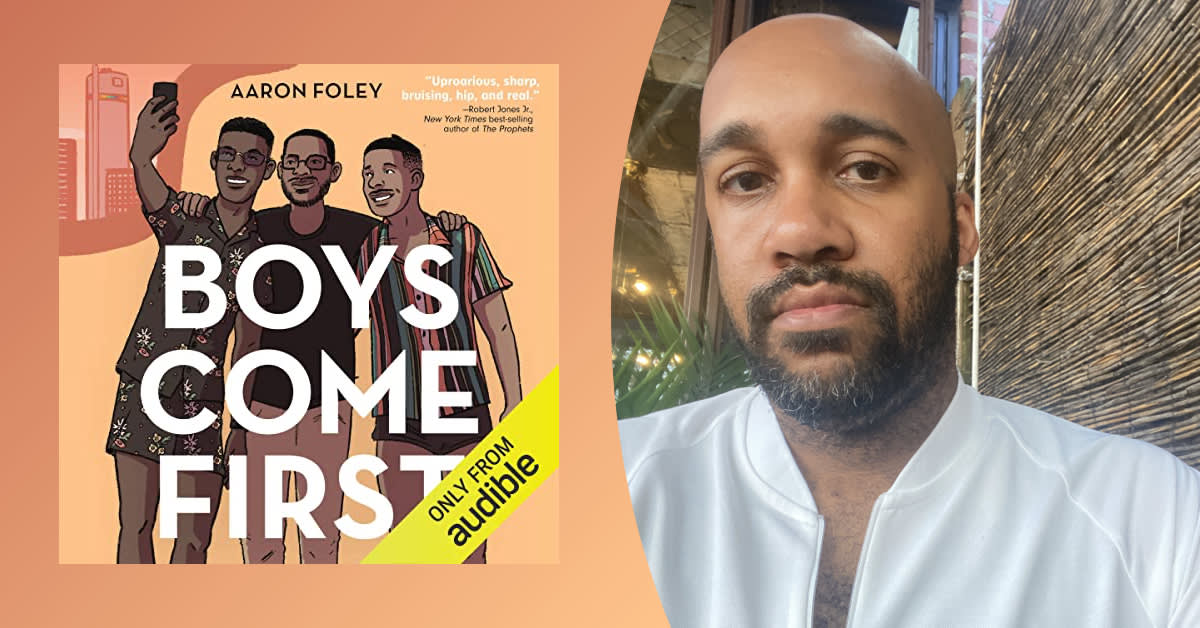First came the phone. Then came wiretapping. Throughout history, secretly recorded conversations have brought down presidents and everyday people alike.
When it comes to catching a scandal on tape, however, it’s rarely a simple, straightforward matter, says Christopher Coble, attorney and senior writer for the consumer blogs of FindLaw. “Most people don’t like being recorded without their permission, and many states have ‘two-party consent’ laws that make it illegal to record a conversation without the consent of every party,” Coble says.
Conversations that were recorded illegally can still have enormous repercussions, according to Coble. He points to the example of Donald Sterling, the owner of the Los Angeles Clippers, whose racist comments were caught on tape and shared with the media. The comments weren’t obtained legally, but nevertheless, the court of public opinion rendered a unanimous verdict.
“People [suspected he] was a racist and overall bad guy, but having him on tape made the case against him more concrete. Four days after the recordings went public he was banned from the NBA,” says Coble.
If you’re considering catching someone in the act with a tape recorder, Coble cautions, take a step back before you hit record. “There are enormous consequences for those who make the tapes and those who are on them. So if you’re thinking about secretly recording a conversation, you might want to talk to a lawyer first,” he says.
With that in mind, we give you a look at some of the most infamous downfalls in recent tape-recorded history, from a smoking gun to the Subway Guy. In each of these cases, recorded evidence has led to prosecution and a healthy dose of public outrage.
President Richard Nixon and Watergate
The recording is known as “The Smoking Gun Tape.” It caught a conversation on June 23, 1972, between President Richard Nixon and his chief of staff, H.R. Haldeman, revealing the Oval Office’s involvement in and cover-up of the infamous Watergate break-in. During the taped conversation, Nixon and Haldeman discuss ordering the CIA to intervene in the FBI’s Watergate probe and actually interfere with the bureau’s investigation.
That tape was one of many. Between 1971 and 1973, Nixon secretly recorded about 3,700 hours of phone calls and meetings using microphones hidden throughout the Oval Office. The U.S. Supreme Court ordered the surrender of the tapes on July 24, 1974. On August 8, 1974, facing impeachment, Nixon announced his resignation.

President Bill Clinton and Monica Lewinsky
Monica Lewinsky began working as a White House intern in July of 1995 when she was 21, and went on to accept a job at the Pentagon. There she befriended her co-worker, Linda Tripp, and confided in her about a sexual relationship with Clinton that started in 1995 and continued through 1997. Tripp, at the encouragement of a New York literary agent, began recording more than 20 hours of conversations with Lewinsky, and went on to share the tapes with Whitewater independent counsel Ken Starr. Tripp then agreed to work with the FBI and wear a wire to record yet another conversation with Lewinsky. The recordings, along with 18 boxes of documents and a 445-page report known as The Starr Report, led to the House impeachment of Clinton in 1998 on charges of perjury and obstruction of justice. He was subsequently acquitted in 1999 by the Senate.

Credit: REUTERS/Lee Celano
Robert Durst
Hubris — and an audio recording — may have found its own revenge in the case of real estate heir Robert Durst. Durst is the subject of the HBO series “The Jinx: The Life and Deaths of Robert Durst,” which explored three crimes, including the disappearance of his wife, Kathleen, and two murders. Durst is interviewed throughout the series, speaking publicly for the first time about the investigations. But it’s when his guard appears to be down that he utters the most potentially damaging statement. According to the New York Times, the producers of the series were wrapping up filming and packing up their belongings when Durst went to use the bathroom. There, still wearing a wireless microphone, he started talking to himself: “What the hell did I do?” he says. “Killed them all, of course.” The paper reports that it took the producers two years to even discover the audio recording, which was included in the finale of the series. In March, one day before the episode aired, Durst was arrested in New Orleans on gun and drug possession charges, and is still in custody. He now faces first-degree murder charges in Los Angeles in the case of Susan Berman, a journalist friend of his who was killed in 2000. According to the Los Angeles Times, he’ll be extradited to L.A. by August 18, 2016.

Jared Fogle
According to ABC News, former journalist Rochelle Herman-Walrond first met Jared Fogle — the Subway Guy — about 10 years ago, when she interviewed him at a community health event. She thought he seemed nice, at first. Then he mentioned something about finding middle-school girls “hot,” and later shared lurid details about encounters with kids. Herman-Walrond began recording conversations with him and says she shared the information with the FBI — and Dr. Phil. In August, Fogle was charged in Indianapolis with receiving and distributing child pornography and paying to have sex with minors. (Authorities have not confirmed whether Herman-Walrond was part of any official investigation). In November, he accepted a plea deal and was sentenced to more than 15 years in prison.




